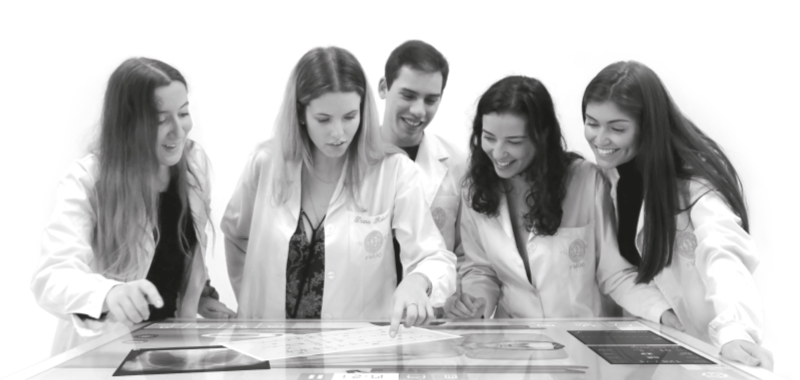
The SAFETY project, funded under the program ERASMUS+ Knowledge Alliances is intended to widen the learning process in the medical field with high fidelity guided experiences.
SAFETY involves 10 partners from 7 European countries (Austria, Germany, Italy, Norway, Portugal, Romania, Spain) representing both Universities and companies’ environments. The project coordination is on behalf of the University of Foggia (Italy), under the lead of Prof. Gilda Cinnella, representing the research team in Anesthesia and Intensive care of the Department of Medical and Surgical Sciences. It lasts 36 months, starting on 1st November 2020.
The main objectives of SAFETY are devoted to the development of a new educational course in the field of Emergency Medicine based on the learners’ needs and the use of simulation devices for training.
The project idea originated from the real need to improve learning processes in the medical field.
The current teaching method, based on the old algorithm “study, look, do, teach” is lacking in safety for the operator and for the patients. The healthcare staff (as doctor or nurse), is catapulted from university class to wards and have to practice on the patients first. In this way, errors normally due to the learning process directly affect patients.
The training materials developed by SAFETY will offer the possibility for learners to practice an activity in a safe environment without compromising patient safety, also providing a wide range of curriculum requirements through clinical cases and role-playing, simulator of procedures or full mission simulators where a learner works through a simulated scenario, often using a high-tech mannequin.
Thanks to the cooperation between academic and company partners, as requested by the ERASMUS+ Knowledge Alliance program, SAFETY will also contribute to enlarge the scope of job placement for the new graduated, to become entrepreneurs (in the field of medical device and private training with simulation devices), or employees hired by companies dealing with medical device development/training.
During the first two years of project implementation, all SAFETY partners have been involved in different activities, mainly on Desk Research on Higher Education Institutions training offer and simulation activity for Emergency Training, led by the Hospital Clinic Barcelona (Spain) and Training needs analysis and definition of the Body of Knowledge of the Emergency Simulation, led by the UniFg team (Italy). In particular, the main activities were performed on the needs analysis (students, academics and companies), the gap analysis and the preparation of the Body of Knowledge (BoK) necessary to structure the new courses. To this aim, the applied methodologies were desk research on evaluation of educational offer, literature review, collecting good practices on education and training and investigation. In parallel three different questionnaires were developed and delivered respectively to students (medical and nurses), academics (professors and trainers in the medical field) and companies involved in the simulation field to understand their training needs and perform a gap analysis on the actual education system among EU involved countries.
The surveys involved 1464 students, 288 academics and 23 companies from different EU countries (mainly Italy, Germany, Norway, Portugal, Romania, Spain), collecting their training needs.
Interestingly, results showed how students believe they have acquired good training skills for the approach and management of patients, in particular from the possibility of participating in practical medical simulation sessions.
Overall appeared a greater demand for courses based on emergency management, from a procedural and team management point of view, also with an interesting distinction on geographic distribution, between students from Northern and Southern European countries.
The results obtained were extremely useful for creating the reference framework for both theoretical and practical modules, supporting the development of 25 clinical scenarios in the Emergency medicine, on which partners are now working for delivering the SAFETY training materials by the following months.
SAFETY has implemented a “EU student-centred approach” in order to consider their needs to structure new courses and new educational pathways tailored to learners’ needs and solving the actual training gaps. Given the great opportunity for cross countries cooperation, SAFETY will move forward on the creation of a European Training Network focused on the knowledge sharing, acquisition of technical and non-technical skills in order to prevent and reduce medical error in the Emergency field.
For more information:
Prof. Gilda Cinnella: gilda.cinnella@unifg.it
Dr. Fedele Colantuono: fedele.colantuono@unifg.it



